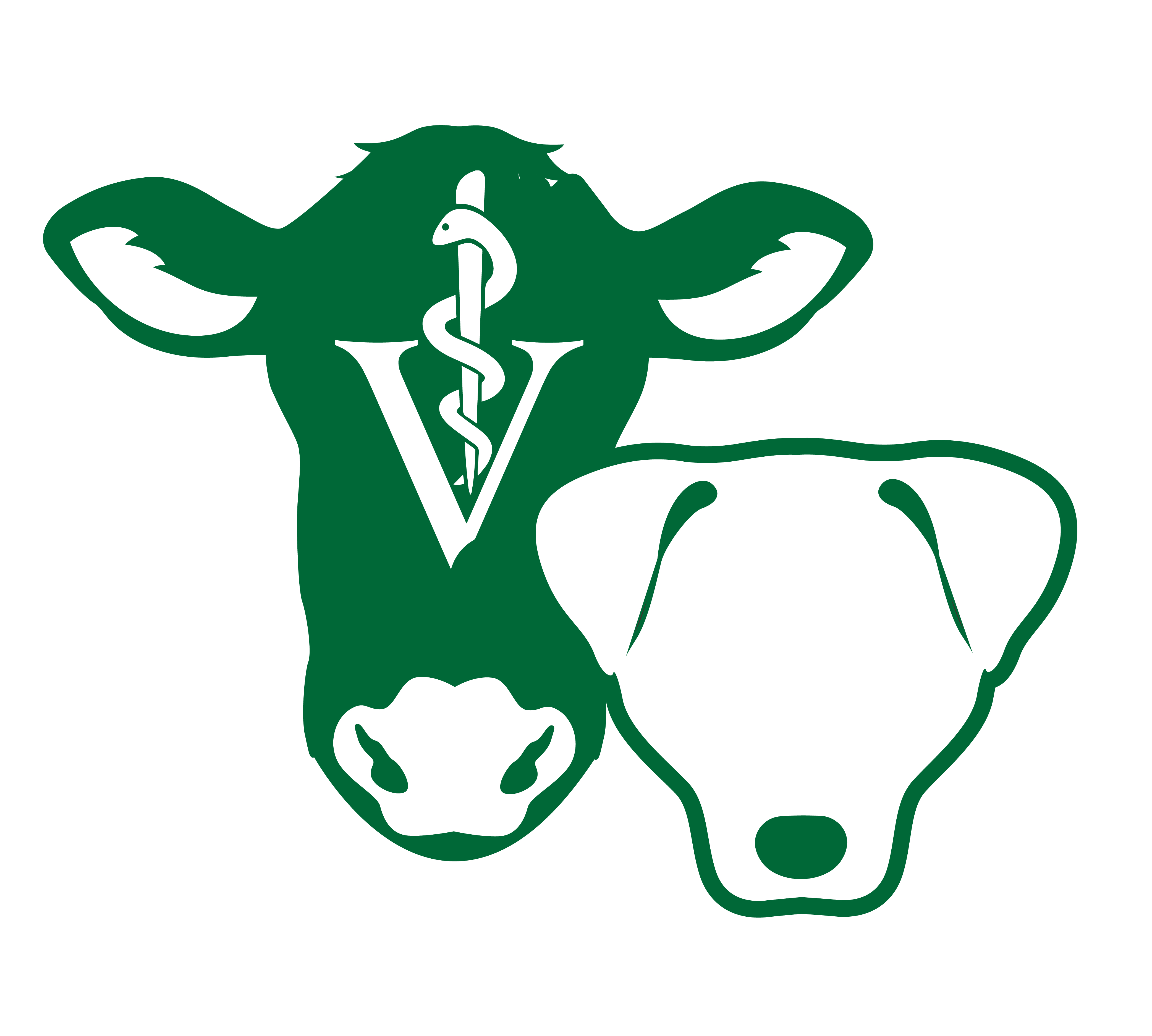Horses often require dentistry to keep their teeth and gums healthy and ensure they can eat properly and maintain good nutritional health. The team at Stuart-Anita Veterinary Clinics utilizes the latest equine dentistry technology to regularly perform teeth floating.
Unlike people, horses' teeth have an eruption rate of 2-3mm per year. This means their teeth are always growing into the mouth. The teeth should wear in correspondence to yearly eruption rate. Their bottom jaw is more narrow than their top jaw and they chew in a figure 8 circular motion. This normal wear creates "points" on the outsides of the top cheek teeth and on the insides of the bottom teeth. These points are sharp and can dig into the soft cheeks and tongue, causing chewing problems and pain.
Malocclusions, or improper position of the teeth, can lead to many health issues and behavioral problems. Identifying dental problems as early as possible is important. There are several factors that come into play at a young age that might increase treatment needed, or make a remedy even possible:
- loss of food while eating
- eats hay before his grain
- grain in water bucket
- difficulty chewing or excess salivation
- loss of body condition
- large undigested food particles in manure
- head tilting or tossing
- bit chewing
- tongue lolling
- tries to rear while bridling
- fighting the bit or resisting the bridal
- bucking or failing to stop or turn
- foul odor from the mouth or nostrils
- traces of blood in the mouth
- nasal discharge
- swelling of the face
Other horses may not show noticeable signs, because they just simply adapt to their discomfort. Many horses need to have their teeth floated once a year, some horses more often. teeth
